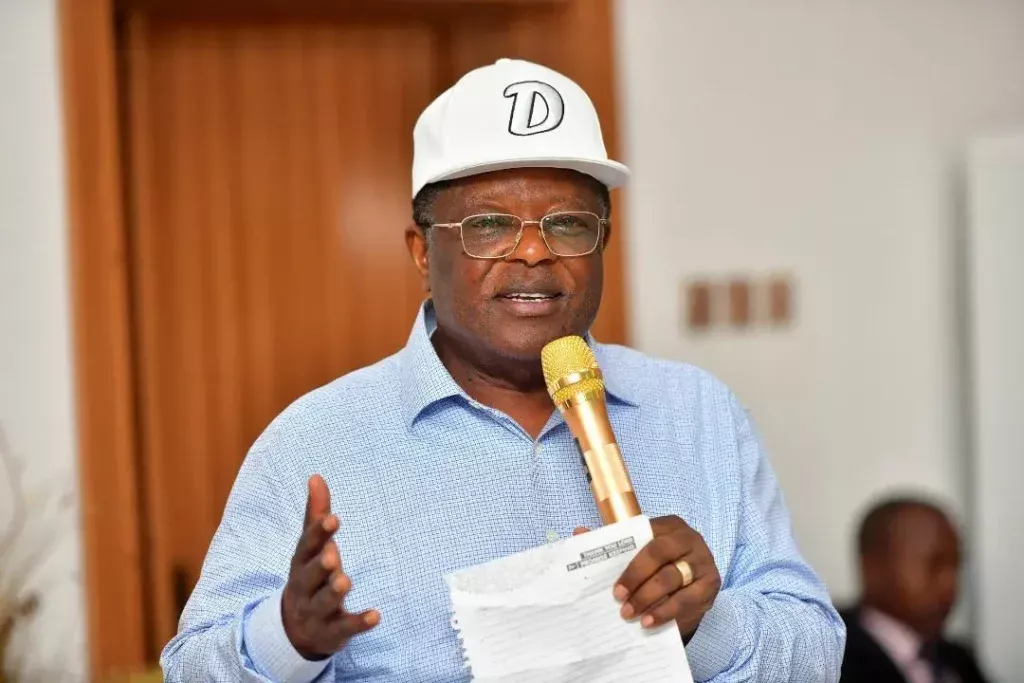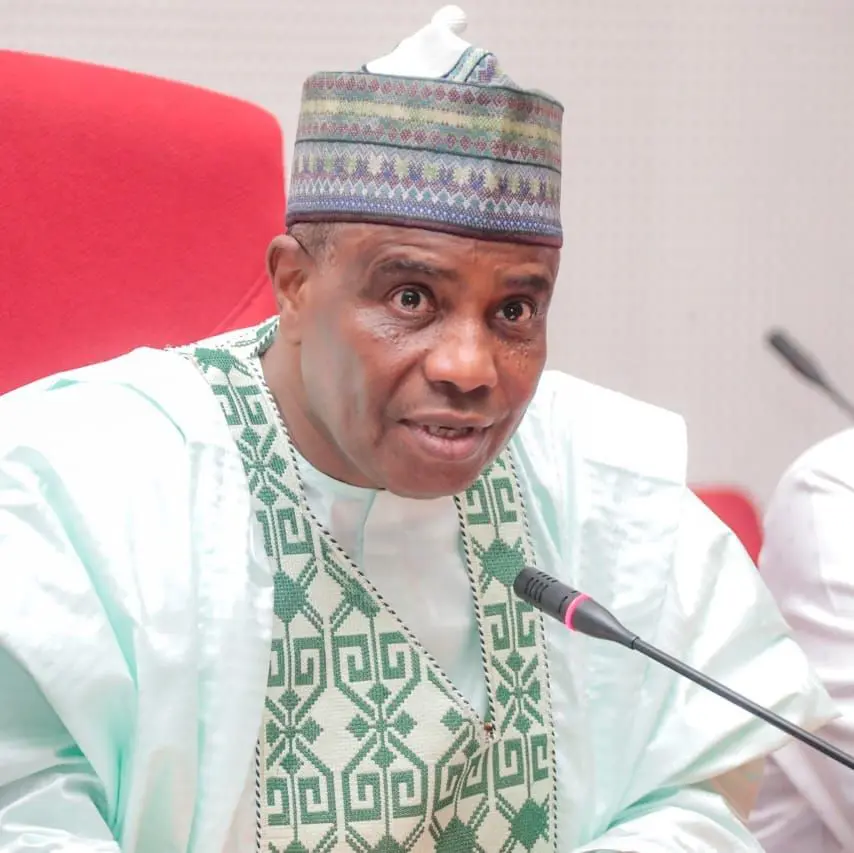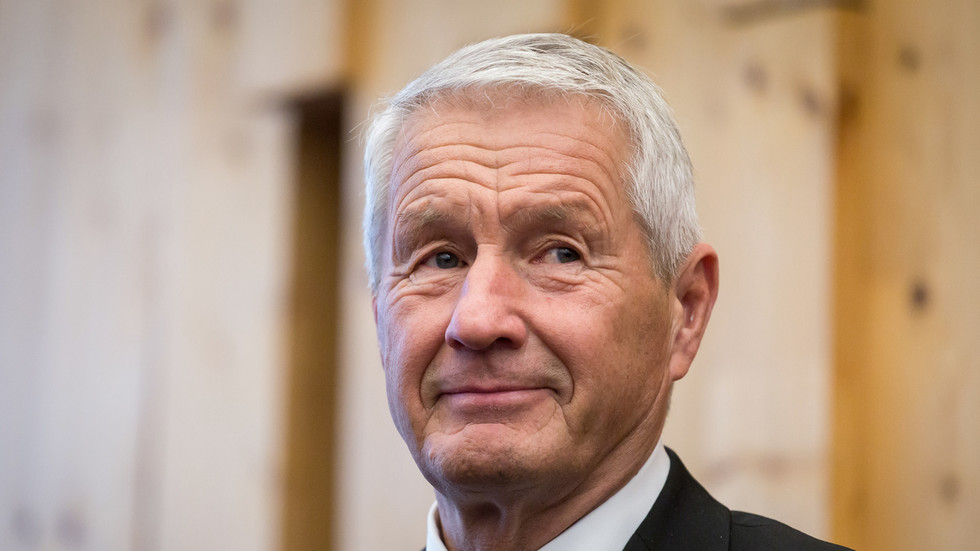The Inter-Party Advisory Council (IPAC) has called for a thorough audit of Nigeria’s subsidy regime. The council made this demand in a statement released on Wednesday.
According to IPAC, the subsidy regime has been fraught with corruption and inefficiency, leading to the loss of millions of dollars in revenue for the country. The council expressed concern over the lack of transparency and accountability in the process, stating that it has led to the proliferation of fraudulent activities in the sector.
In the statement signed by the council’s National Chairman, Leonard Nzenwa, and its National Secretary, Baba Oyewole, IPAC called on the Federal Government to take urgent steps to address the situation. The council urged the government to conduct a comprehensive audit of the subsidy regime to identify areas of leakages and corruption.
IPAC also called for the implementation of effective measures to curb fraudulent activities in the sector, such as the deployment of technology solutions to monitor and track fuel distribution. The council further recommended the establishment of an independent regulatory body to oversee the subsidy regime and ensure accountability and transparency.
The council noted that the current subsidy regime has become unsustainable, given the decline in crude oil prices and the impact of the COVID-19 pandemic on the global economy. IPAC urged the government to consider alternative sources of revenue, such as taxation and the diversification of the economy, to reduce its reliance on oil revenues.
IPAC’s call for a subsidy regime audit comes amid growing concerns over the state of the sector. In recent years, Nigeria has lost billions of dollars in revenue due to oil theft, pipeline vandalism, and corruption in the subsidy regime. The country’s fuel subsidy scheme was introduced in the 1970s to cushion the impact of rising fuel prices on consumers, but it has been plagued by allegations of corruption and inefficiency.
The council’s call for an audit is a step in the right direction and highlights the urgent need for the government to address the crisis in the subsidy regime. It is hoped that the government will heed this call and take the necessary steps to ensure transparency and accountability in the sector.



